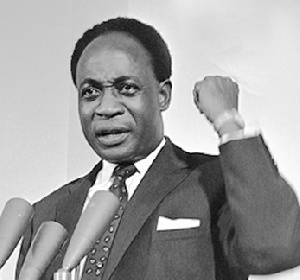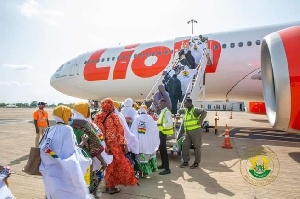Business News of Tuesday, 18 March 2025
Source: www.ghanawebbers.com
Remembering Kwame Nkrumah: A visionary leader and the unfulfilled hopes of his overthrow - Ghana Business News
As Ghana commemorates the legacy of Kwame Nkrumah, the country's first president, reflections on his visionary leadership and the unfulfilled aspirations following his overthrow in 1966 emerge. Nkrumah's ambition was to unite Africa and propel it towards self-sufficiency, bolstering a pan-African identity. His policies aimed at industrialization and education laid the groundwork for economic independence. However, his regime also faced criticism for authoritarianism, leading to dissatisfaction among various political factions.
The coup that ousted Nkrumah marked a turning point in Ghana's history, shattering dreams of progress nurtured during his tenure. Many Ghanaians hoped for stability and prosperity post-Nkrumah but have since grappled with political instability and economic challenges. As the nation reflects on its past, questions arise about whether Nkrumah's vision could have been realized had he remained in power. Today’s leaders are urged to draw lessons from this pivotal era while striving to fulfill the promises of a united and prosperous Africa that Nkrumah championed—a goal still relevant as nations continue their quest for development and unity.











